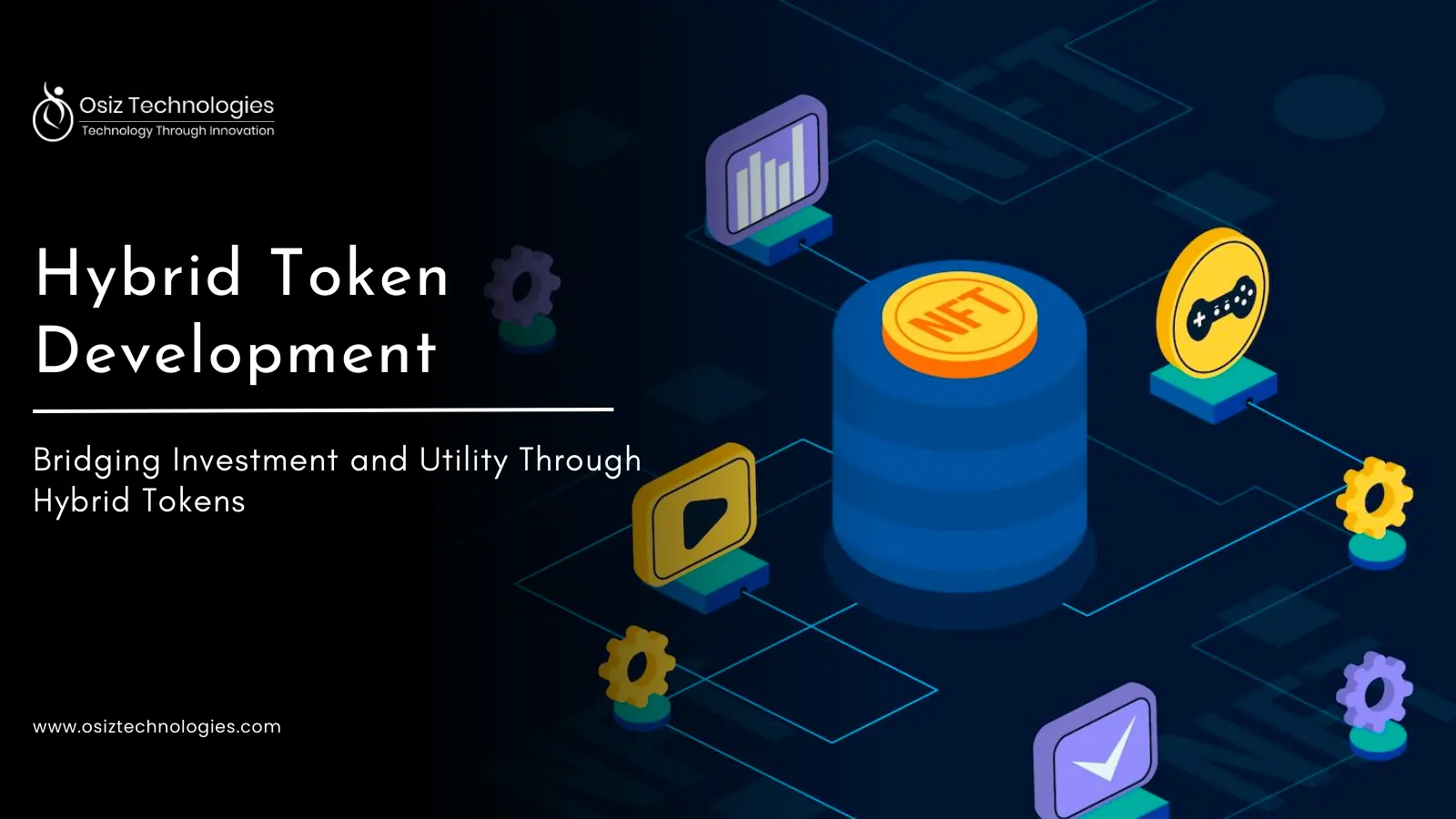Mobile Apps hold the sensitive data of the users, as they become an essential part of our daily lives, from banking and shopping to communication and entertainment. The convenience of using mobile apps and storing important data comes with security risks, as hackers are devising new plans to hack vulnerable details in mobile app users. With Artificial Intelligence businesses can build secure mobile apps and prevent threats. AI can provide security by analyzing the data, identifying patterns, and adapting to evolving threats by ensuring to development of more secure apps.
AI Defense Against Modern Threats
Fraud Detection
Financial transactions are the prime target for fraudsters within the mobile app. AI can help you prevent financial loss by analyzing transaction patterns and identifying anomalies for both businesses and users.
Permission Control
Users often accept many app access without understanding the implications of using the various functions which increases the risk of data breaching. AI helps to analyze app functionality and suggests permission for apps that need it.
Stronger Encryption
With encryption techniques even if hackers manage to intercept data, they remain unreadable and unusable because encryption keys are more difficult to crack.
Real-time Threat Detection and Response
Unlike traditional security that reacts after an attack, AI can continuously monitor app activity. This real-time analysis helps identify red flags like suspicious logins or malware attempts, allowing for immediate action and preventing threats before they cause damage.
Predictive Analytics for Proactive Defense
By analyzing past data, AI can predict potential attack patterns. This foresight gives developers a crucial head start, allowing them to fix vulnerabilities and implement preventative measures before attackers can exploit them.
Enhanced Authentication Processes
AI strengthens traditional login methods by adding layers of security. Facial recognition, fingerprint scanning, and voice recognition powered by AI create a more powerful barrier against unauthorized access. These AI-driven systems continuously learn and adapt to user behavior, further improving their reliability in detecting fraudulent attempts.
Behavior Analysis and Anomaly Detection
AI can learn a user's typical behavior within the app. Significant deviations from this norm, like unusual login times or locations, can trigger alerts for potentially compromised accounts. This proactive approach allows for early detection of suspicious activity, potentially stopping breaches before they escalate.
AI in Mobile App Security
Applications of AI in Mobile App to improve your app security.
E-Commerce - Detects fraudulent transactions and safeguards users and businesses from financial loss.
Banking - Detects anomaly threats and prevents suspicious login attempts to user accounts and unauthorized access.
Social Media - Filters malicious comments and blockchain misinformation.
Challenges and Considerations
Data Privacy Concerns - AI algorithms need large amounts of data to ensure user privacy. Transparency and trust are the essential components to build trust.
Explaining AI Decisions - It is difficult to understand the reasons behind the flags that AI-powered security solutions might ban some suspicious activities. So developers need to build understandable AI solutions for human oversight and intervention.
Computational Cost - Running mobile device AI algorithms can be a complex process. For a smooth user experience, a balance should be maintained between security and performance.
Conclusion
To create robust security apps developers need to integrate AI with coding practices, vulnerability assessments, and user education, as AI is a powerful tool for security practices. The future of mobile app security lies in the integration of AI in mobile apps. Osiz digital transformation experts assist your business by implementing AI to create a safe environment for users.
Listen To The Article












